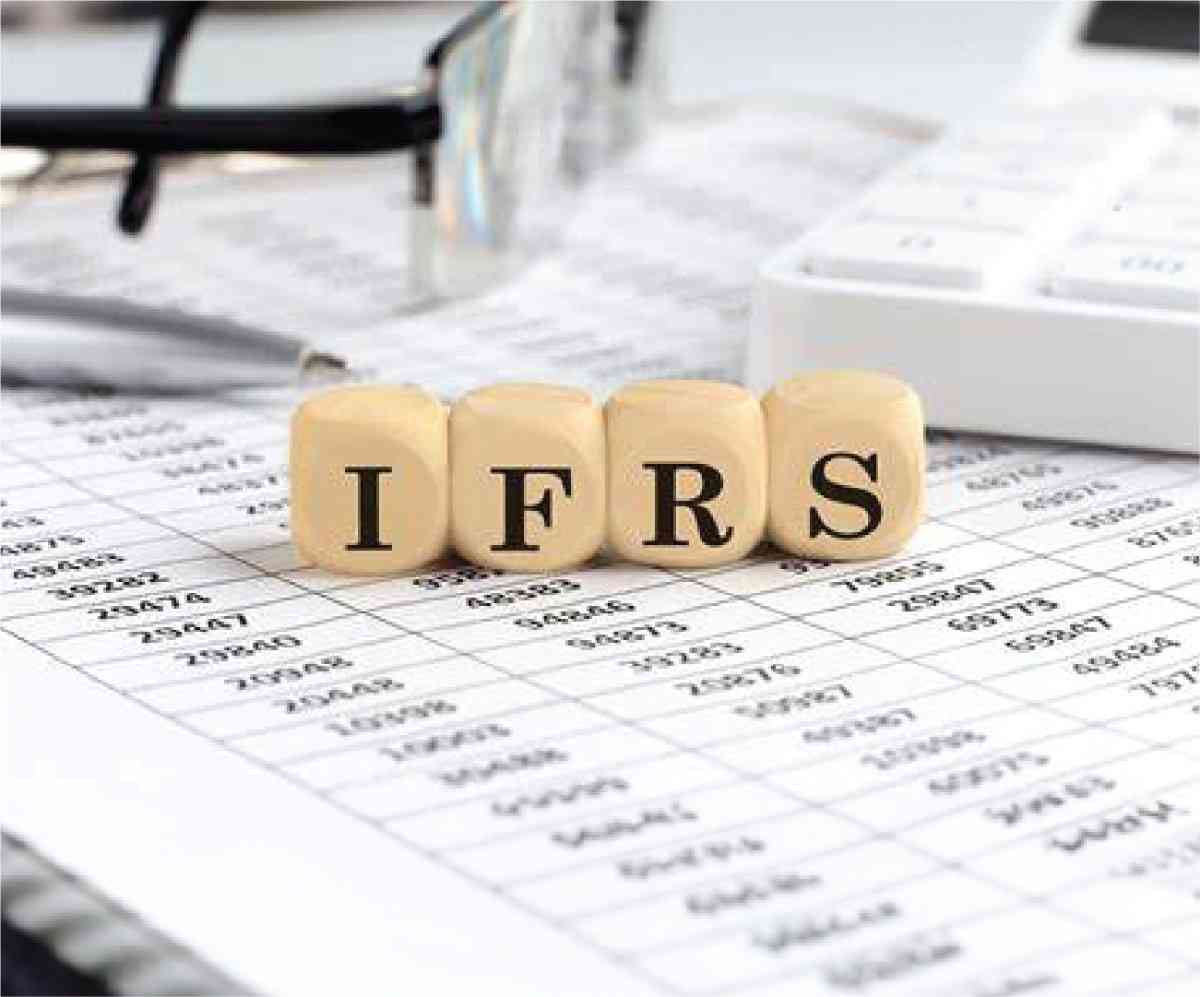
IFRS and Its Impact on UAE Businesses: A Comprehensive Guide
International Financial Reporting Standards (IFRS) are important rules for financial accounting and reporting worldwide. More than 140 countries follow these standards, highlighting their importance on a global scale. In the United Arab Emirates (UAE), adopting IFRS has been a big step towards matching international financial practices. This move not only makes financial reporting clearer but also opens up opportunities for UAE companies in global markets. In this post, we’ll look at how IFRS affects UAE businesses, focusing on the benefits of using these standards for growth and international presence.
Why IFRS Is Important for UAE Businesses
Going Global
By using IFRS, UAE companies can show their financial health just like companies in other parts of the world. This shared financial language makes it easier to work across borders, helping UAE businesses grow internationally and attract investments.
Clear Reporting
IFRS is known for its strict rules on reporting financial information, aiming for clear and truthful financial statements. This means companies in the UAE can build stronger trust with everyone involved, from investors to customers.
IFRS Adoption in the UAE: The Backstory
The move to IFRS in the UAE shows a strong commitment to meeting international financial reporting standards. Initially, UAE companies used local standards, leading to varied financial reporting. Recognizing the advantages of global integration, the UAE started shifting towards IFRS. This change not only highlights the UAE’s dedication to clear financial practices but also readies its companies for global competition.
Key IFRS Standards Impacting UAE Companies
Adopting IFRS has brought attention to several standards that significantly affect various sectors in the UAE:
IFRS 9 (Financial Instruments)
This standard changes how banks and financial institutions handle financial instruments and recognize losses. IFRS 9 asks banks to account for potential credit losses early, leading to better risk management and confidence among investors.
IFRS 15 (Revenue from Contracts with Customers)
IFRS 15 changes how revenue is recognized, especially affecting the real estate and telecom industries. It requires revenue to be reported as companies complete specific tasks, offering a clearer view of cash flow and revenue.
IFRS 16 (Leases)
This standard affects companies that lease a lot of property or equipment, like retail stores or airlines. IFRS 16 makes companies report almost all leases on their balance sheets, which can make debts more visible but also more transparent.
Overcoming IFRS Adoption Challenges
Switching to IFRS can be tough, with lots of details to understand and new procedures to follow:
Learning and Training
It’s essential to understand IFRS for proper use thoroughly. This often means detailed training for the teams handling finances.
Updating Systems
Moving to IFRS might mean updating or changing financial systems and processes, which can require investing in new technology.
Getting External Help
Many companies in the UAE seek help from external auditors and accountants for expertise in switching to IFRS. These experts are crucial in adapting financial policies to meet new standards. Many auditing companies in Dubai provide expert assistance to UAE businesses transitioning to IFRS, ensuring financial policies meet updated standards.
The Advantages of Following IFRS for UAE Companies
Following IFRS offers several benefits, including better chances in global markets and improved operations:
Global Market Access
Being compliant with IFRS makes UAE companies more appealing to international investors, as it eases comparison and investment choices.
Better Operations
Switching to IFRS can lead to more efficient accounting and financial reporting, reducing mistakes and simplifying audits.
Standing Out
Meeting IFRS standards shows a company is committed to clear and reliable financial reporting, enhancing its reputation and attractiveness to partners and investors worldwide.
Success Stories: IFRS in the UAE
A Banking Breakthrough
A leading UAE bank moved to IFRS 9, improving how it assesses and reports credit risk. This enhanced its risk management and boosted confidence among investors, reflected in a rise in its stock price after the switch.
Real Estate Renewal
A major real estate company in the UAE adapted to IFRS 15, making its revenue reporting clearer and more aligned with its project progress. This change significantly increased trust among investors.
These stories show how adopting IFRS can improve operations, financial stability, and market reputation, benefiting companies in various sectors.
Conclusion
For UAE companies, moving to IFRS is more than just meeting regulations; it’s a step towards better global integration, operational efficiency, and clear financial reporting. As the business world evolves, IFRS remains a cornerstone for the UAE’s ambition to be a leading global business hub. Companies should see IFRS adoption as a chance to grow and demonstrate their financial health to global investors and partners.
